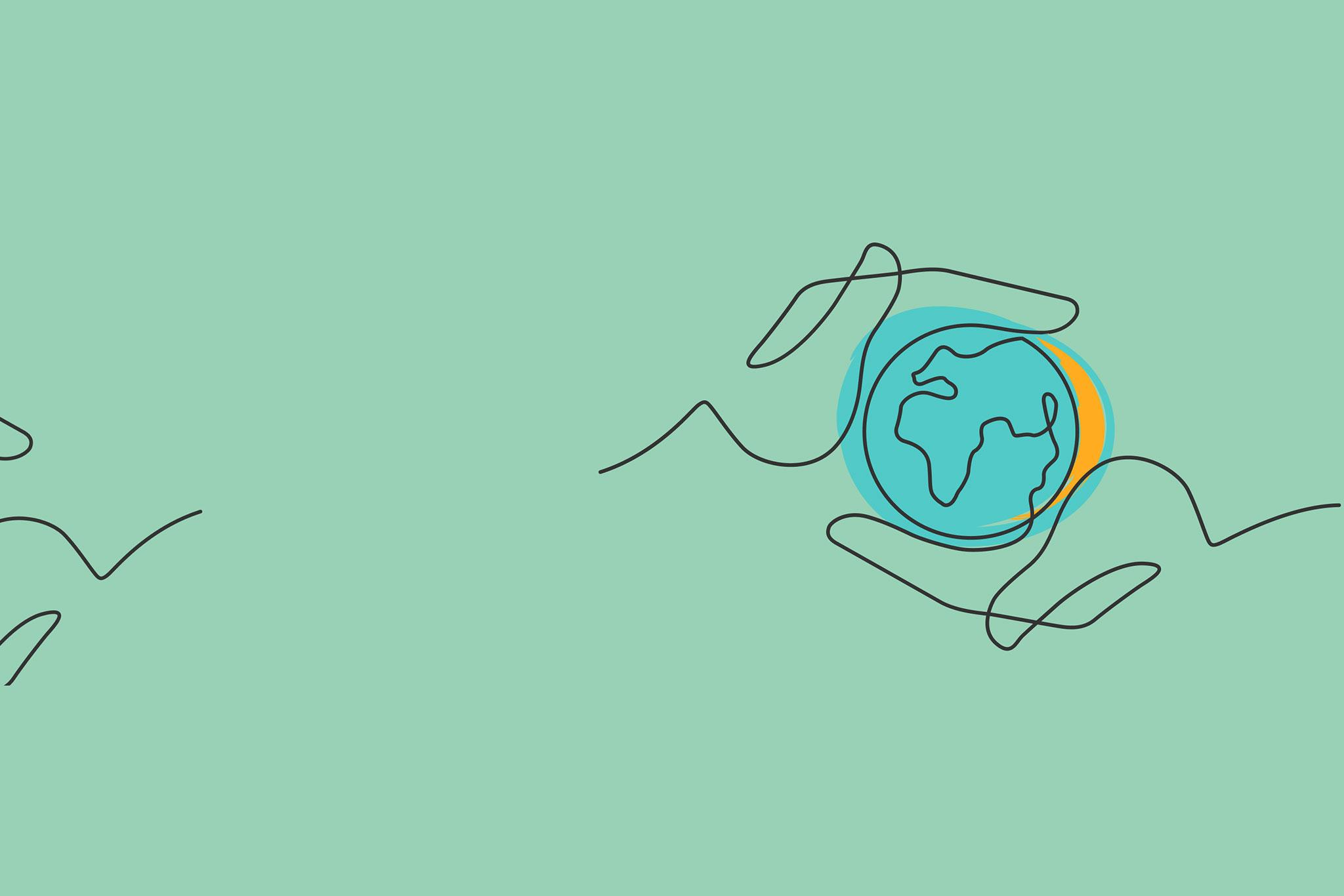
Social Change @ Northeastern
The Burnes Center builds on the many social impact projects taking place across Northeastern’s colleges and schools.
The Burnes Center is but one of many innovative and bold projects to promote social change and social justice across the University. We want to celebrate the broad range of social impact initiatives at Northeastern seeking to improve people’s lives.
SOCIAL CHANGE @ NORTHEASTERN
The following is a partial list that will be regularly updated. If your work is not on this list already, we would love to include it. Please share your information by emailing us and we will be in touch with you.
INITIATIVES
Current Projects: Social Change @ Northeastern
-
Global Consensus Toolkit
Alice Mello and Fiona Creed
The Global Consensus Toolkit is the product of a 7-month interdisciplinary Diplomacy Lab project created by CPS students for the U.S. Department of State with data sourced from the U.N. Digital Library. To date, it has benefitted from the contribution of 85 students from the M.S. in Global Studies & International Relations and B.A. and MPSA in Analytics programs. Although the toolkit was designed initially with diplomats as the end-users in mind, its relevance to a broad range of UN stakeholders is evident. These include governments and their agencies, researchers, think tanks, non-profit organizations, advocacy groups and, policy decision-makers. One of the motivations behind having a public access portal levels the policy-making playing field, particularly between the large, small, and developing nation-states. The UN is based on the principle of the sovereign equality of all its Members. The UN General Assembly rule is one country, one vote for every member state. However, the workforce of each country’s UN mission varies substantially. For example, The Permanent Mission of the Republic of Vanuatu to the United Nations has two diplomats; the Permanent Mission of Mali has a team of 8 diplomats. By comparison, The Permanent Mission of the United Kingdom to the UN has 48 and the United States Mission 150 diplomats. (source: UN Blue Book). __The Global Consensus Toolkit provides small and developing UN member states with information to make data-based decisions in negotiations at the UN and bilateral meetings. Most small and developing states do not have the analytical resources and workforce of the larger members. This public access portal seeks to help in bridging that disadvantage.
-
Global Resilience Institute
Stephen Flynn
The Global Resilience Institute’s (GRI) research and educational mission is to develop and deploy practical and innovative tools, applications, and skills that drive social and technical changes, which strengthen the capacity of individuals, communities, systems, and networks to adapt to an increasingly turbulent world. Launched in 2017, GRI is the world’s first university-wide institute to respond to the resilience imperative. Today, GRI undertakes multi-disciplinary resilience research and education efforts that draw on the latest findings from network science, health sciences, coastal and urban sustainability, engineering, cybersecurity and privacy, social and behavioral sciences, public policy, urban affairs, business, law, game design, architecture, and geospatial analysis. GRI works in close partnership with industry, government, communities, and non-governmental organizations, as well as engages in external outreach to inform, empower, and scale bottom-up efforts that contribute to individual and collective resilience
-
Grow with Google
Molly Smith
Students who complete Google’s IT Support Professional Certificate can now receive 12 credits toward a bachelor’s degree in information technology from the College of Professional Studies. The program is designed to help professionals gain the skills necessary to meet the increasing demand for qualified workers in the IT industry. By enrolling, students can shorten their time to graduation and overall tuition cost of the degree.
-
Health in Justice Action Lab
Professor Leo Beletsky
Engaging with academic, community, public and private partners, we inform responses to today’s most critical community challenges. This includes reducing drug overdose; improving access to effective, safe, and cost-effective health care; and aligning law enforcement practices with public health goals. True to Northeastern’s mission, we use our portfolio as an opportunity for experiential learning to prepare the next generation of leaders in legal, health, and social policy professions.
-
Humanities Center
Angel David Nieves
Through unique programming and research initiatives, the Humanities Center fosters collaboration and conversation on the significance of history, literature, and culture.
-
Initiative for Energy Justice
Professor Shalanda Baker, Shiva Prakash and Subin DeVar
The Initiative for Energy Justice provides law and policy resources to advocates and policymakers to advance state-level transitions to equitable renewable energy.